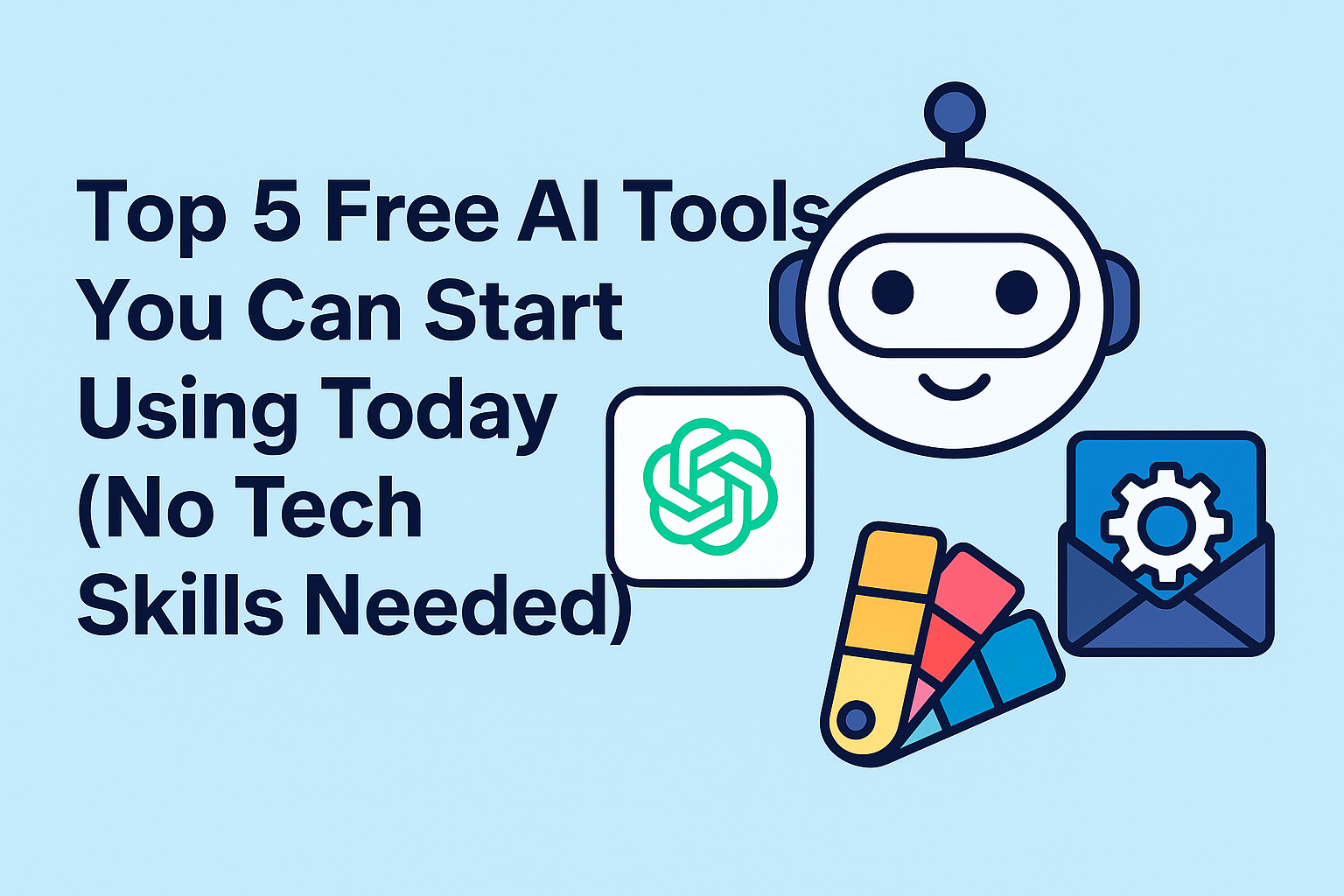Have you ever felt like everyone else “gets” AI while you’re still figuring out the basics? Do you scroll through LinkedIn seeing AI experts discussing complex models and think, “I should understand all of this by now”? If so, you’re experiencing AI imposter syndrome—and you’re definitely not alone.
Furthermore, this feeling is more common than you might think. In fact, the rapid pace of AI development means that even seasoned professionals often feel overwhelmed by the constant stream of new tools, techniques, and terminology.
What Is AI Imposter Syndrome?
AI imposter syndrome occurs when you feel inadequate or fraudulent about your AI knowledge and skills, despite having legitimate capabilities. Moreover, it manifests in several ways:
- Believing you need to understand every AI model architecture before using any tools
- Feeling anxious when colleagues mention technical terms like “transformers” or “neural networks”
- Avoiding AI discussions because you think you’ll be exposed as a “fake”
- Constantly comparing your knowledge to AI researchers and experts
- Postponing AI projects because you feel “not ready yet”
Additionally, this syndrome is particularly prevalent in the AI space because the field moves so quickly that yesterday’s cutting-edge knowledge can feel outdated tomorrow.
The Truth About AI Knowledge
Here’s the reality check you need: You don’t need to be an AI expert to leverage AI effectively. Just like you don’t need to understand combustion engines to drive a car, you don’t need to grasp the intricacies of neural networks to use AI productively.
Consider this: most successful AI users focus on practical applications rather than theoretical knowledge. Therefore, your value lies in understanding how to apply AI to solve real problems, not in memorizing the latest research papers.
Breaking Down the Knowledge Barriers
Start With User-Friendly Tools
Instead of diving into complex technical documentation, begin with accessible AI tools. For instance, ChatGPT for beginners offers 7 easy ways to boost productivity without requiring any technical background.
Similarly, you can explore free AI tools that need no tech skills to build confidence through hands-on experience.
Focus on Practical Applications
Rather than getting lost in theoretical concepts, concentrate on what AI can do for you right now. For example, learn how to use ChatGPT and Zapier to automate your content calendar or discover Chrome extensions that make you more efficient.
Embrace the Learning Process
Most importantly, remember that AI literacy is a journey, not a destination. Even experts are constantly learning because the field evolves rapidly. Therefore, understanding AI terms you actually need to know is more valuable than trying to master everything.
Practical Strategies to Overcome AI Imposter Syndrome
1. Adopt a Growth Mindset
Instead of viewing your current knowledge as fixed, embrace continuous learning. Start by exploring proven ChatGPT techniques that advanced users rely on. However, remember that even advanced techniques become second nature with practice.
2. Focus on Your Unique Perspective
Your non-technical background is actually an advantage. Consequently, you bring domain expertise and practical insights that pure technologists might miss. This combination of industry knowledge and AI tools creates tremendous value.
3. Learn Through Experimentation
Rather than consuming endless tutorials, start experimenting with AI tools. For instance, try using GPTs with role-based prompts or explore vibe coding for complete beginners.
4. Join Beginner-Friendly Communities
Connect with others who are also learning. Many successful AI practitioners started exactly where you are now. Furthermore, sharing your journey helps others while building your confidence.
The Power of Practical AI Skills
Automation Without Coding
You can create sophisticated workflows without writing a single line of code. Learn how to build complex workflows with AI copilots and Zapier or discover how to automate email responses with AI.
AI-Assisted Problem Solving
Modern AI tools act as intelligent assistants rather than complex systems you need to program. Therefore, explore AI copilot tools for productivity and learn how to adopt the agentic AI mindset.
Smart Tool Selection
Instead of trying to master every AI tool, focus on selecting the right ones for your needs. Discover how to choose the right AI model for your workflow and explore free AI model demos you can try today.
Building Confidence Through Action
Start Small, Think Big
Begin with simple tasks and gradually increase complexity. For example, start with basic prompt chaining techniques before moving to more advanced automation.
Document Your Wins
Keep track of successful AI implementations, no matter how small. These victories build confidence and demonstrate your growing expertise.
Share Your Learning
Teaching others what you’ve learned reinforces your knowledge while helping fellow beginners. Moreover, it shifts your perspective from “I don’t know enough” to “I can help others learn.”
The Future-Ready Approach
Embrace Continuous Learning
AI will continue evolving, but that’s okay. Stay informed about what AI updates really mean without feeling pressured to master every development immediately.
Focus on Fundamentals
Understanding core concepts like how to balance creativity and automation will serve you better than chasing every new trend.
Develop Your Unique AI Style
Rather than copying others, develop your own approach to AI integration. Learn from resources like AI coaching made simple while adapting techniques to your specific needs.
Moving Beyond Imposter Syndrome
Redefine Expertise
In the AI era, expertise means knowing how to leverage tools effectively, not understanding every technical detail. Therefore, focus on becoming proficient at applying AI to solve real problems.
Celebrate Progress
Acknowledge that using AI successfully makes you part of the solution, not an imposter. Every time you automate a task or improve a process with AI, you’re demonstrating genuine skill.
Stay Curious
Instead of feeling overwhelmed by what you don’t know, stay curious about what you can learn next. Explore topics like improving AI with retrieval augmented generation when you’re ready, not because you feel you must.
Conclusion
AI imposter syndrome is real, but it’s also surmountable. You don’t need to understand transformer architectures or train neural networks to create significant value with AI tools. In fact, the most successful AI users often focus on practical applications rather than theoretical knowledge.
Remember, the goal isn’t to become an AI researcher—it’s to leverage AI effectively in your work and life. Start with beginner-friendly tools, focus on practical applications, and gradually build your skills through experimentation and practice.
Most importantly, your journey with AI is unique. Embrace it, celebrate small wins, and remember that every expert was once a beginner. The AI revolution needs people who can bridge the gap between complex technology and practical applications—and that’s exactly what you can become.
Ready to overcome AI imposter syndrome? Start with one simple AI task today, and remember: you don’t need to know everything to make a meaningful impact with AI.



